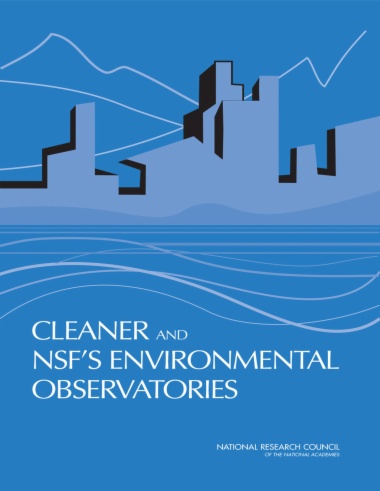

Degradation of the nation's water resources threatens the health of humans and the functioning of natural ecosystems. To help better understand the causes of these adverse impacts and how they might be more effectively mitigated, especially in urban and human-stressed aquatic systems, the National Science Foundation (NSF) has proposed the establishment of a Collaborative Large-scale Engineering Analysis Network for Environmental Research (CLEANER). This program would provide a platform for near-real-time and conventional data collection and analysis; improve understanding and prediction of processes controlling large-scale environmental and hydrologic systems; help explain human-induced impacts on the environment; and help identify more effective adaptive management approaches to mitigate adverse impacts of human activities on water and land resources. At NSF's request, the National Academies undertook a review this proposed program. The resultant report recommends that NSF proceed with its planning, implementation, and intra- and interagency coordination activities for the program, as a successful environmental observatory network could transform the environmental engineering profession and increase its already considerable contributions to society.